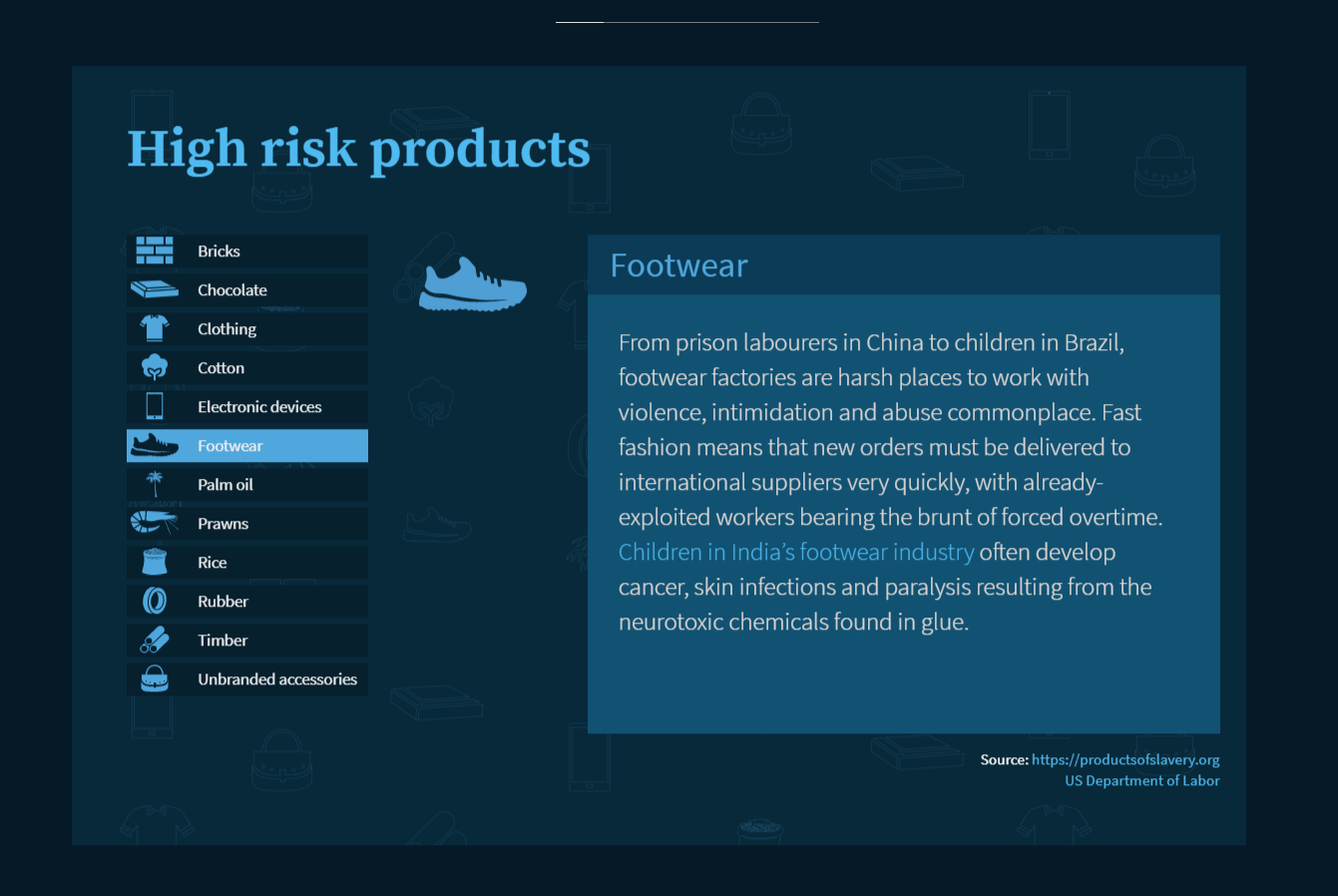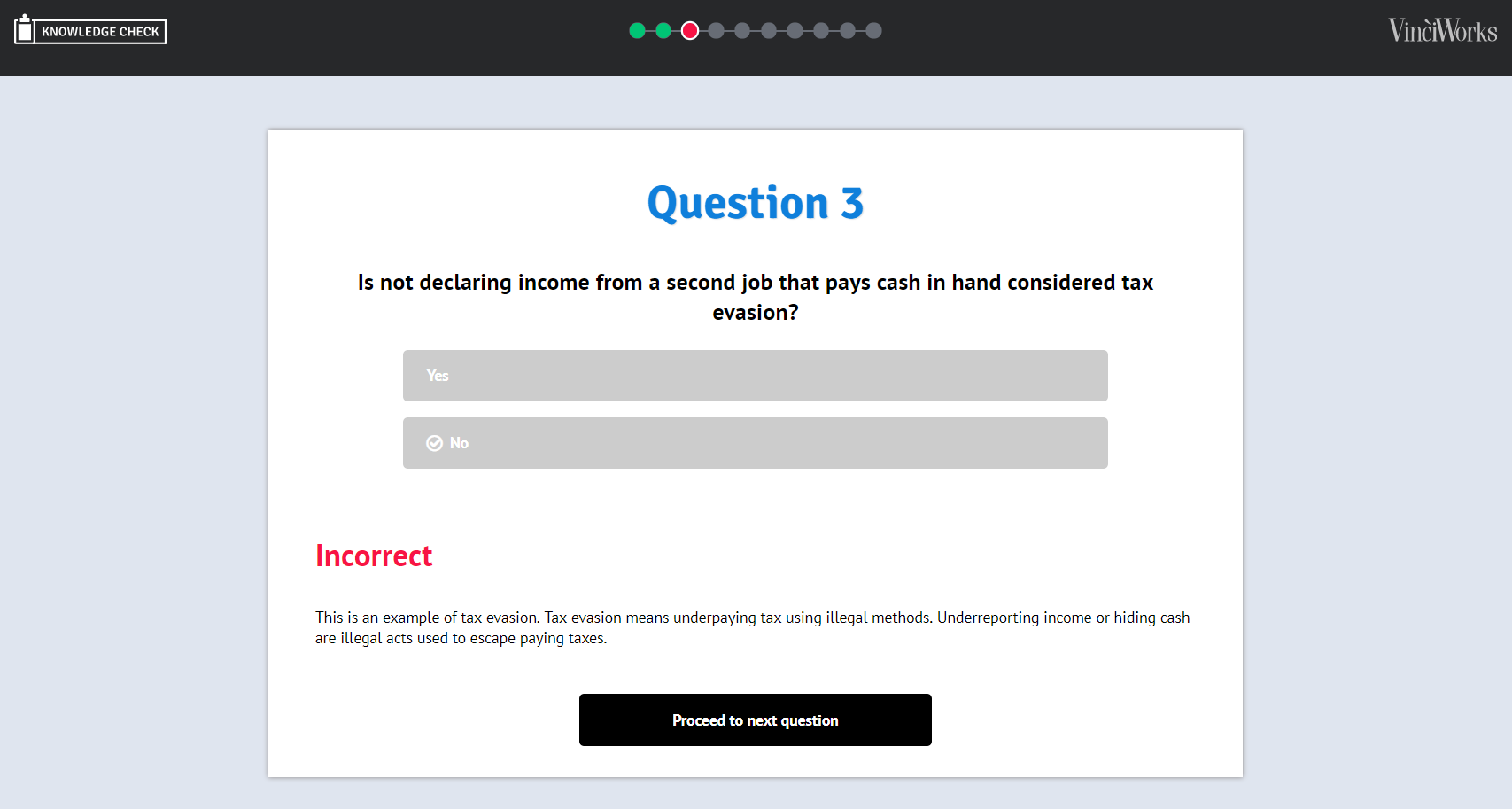
Frank Field MP, Baroness Elizabeth Butler-Sloss and Maria Miller MP have recently completed a review of the operation and effectiveness of the Modern Slavery Act 2015 (the Act) and to recommend improvements commissioned by the Home Office. With the full report yet to be published, we take a look at the effectiveness of The Act.
If a recent independent review of the Modern Slavery Act is anything to go by, the answer would be not very close at all. Today, it is believed that there are still over 21 million slaves in the world, with around 10,000 in the UK alone (although this number is believed to be much higher. This includes sex trafficking victims, child workers and sweatshop employees. In many countries where slavery is prevalent, it is difficult for law enforcement to stop such crime. It is therefore important that companies step up and are more proactive in their efforts to stop this horrible and inhumane crime.
Is the Modern Slavery Act helping to solve the problem?
With the UK government increasing its efforts through increased spend and more resources going towards arresting and prosecuting offenders annually, it’s clear that The Act has played an important role in reducing the number of modern slaves in the UK. The government spent around £39 million in 2017/18 and £61 million in 2018/19 on modern slavery and in 2017, the total number of arrests for modern slavery offences was 131, almost twice the number from the previous period. That number is expected to rise in the 2018/19 period, with members of a gang thought to have around 400 victims recently sentenced to jail.
Compliance with Section 54 of the Modern Slavery Act
One of the core focusses of the report was Section 54, which requires British firms with an annual turnover of at least £36 million to publish a slavery and human trafficking statement every financial year. One of the main criticisms of The Act was that businesses were not taking this requirement seriously and that Section 54 lacked clarity and guidance.
The report advised that too many businesses we failing to provide annual statements and that not enough was being done to deter organisations from failing to do so. For example, no fines were awarded for non-compliance with this aspect of The Act, providing very little insentive to comply. Further, of the 10,000 organisations on the Modern Slavery Registry, only 20% of statements meet the minimum requirements set out in the Modern Slavery Act.
According to Sarah Ozane, an employment lawyer with CMS, before the recent review, many law firms saw section 54 as a “checkbox” to simply check off. By establishing more complex rules and regulations in section 54, the British government is making large firms take the modern slavery act seriously. Parliament is sending a clear message that it is the duty of firms and employees to prevent, stop, and speak against activities of modern slavery whether in their own companies or their surrounding economic environment.
How can we reach a modern slavery-free UK?
There are still thousands of slaves within Britain’s borders and many more worldwide connected to British corporations. There is a long road ahead, but constant revisions of this act make the reality of a slave-free Britain seem achievable. The report makes some recommendations on how to continue to reduce the number of UK organisations benefitting from slavery. These include having a designated board member responsible for producing the annual modern slavery statement, imposing sanctions on organisations that fail to comply with The Act and making failure to report or act in instances of modern slavery a criminal offence.M
Modern slavery training and resources

The Modern Slavery Act has the potential to be a driving force in ending modern slavery. To help you and your company understand and comply with the modern slavery act, VinciWorks has created a modern slavery training suite to ease the reporting process. The suite includes both courses for all staff and a course designed to give guidance to support staff. The training will help employees not only understand the new legislation, but what to look for within your company’s operations. Further, VinciWorks regularly updates its modern slavery resource page. The resource page includes free policy templates, guides and on-demand webinars.













